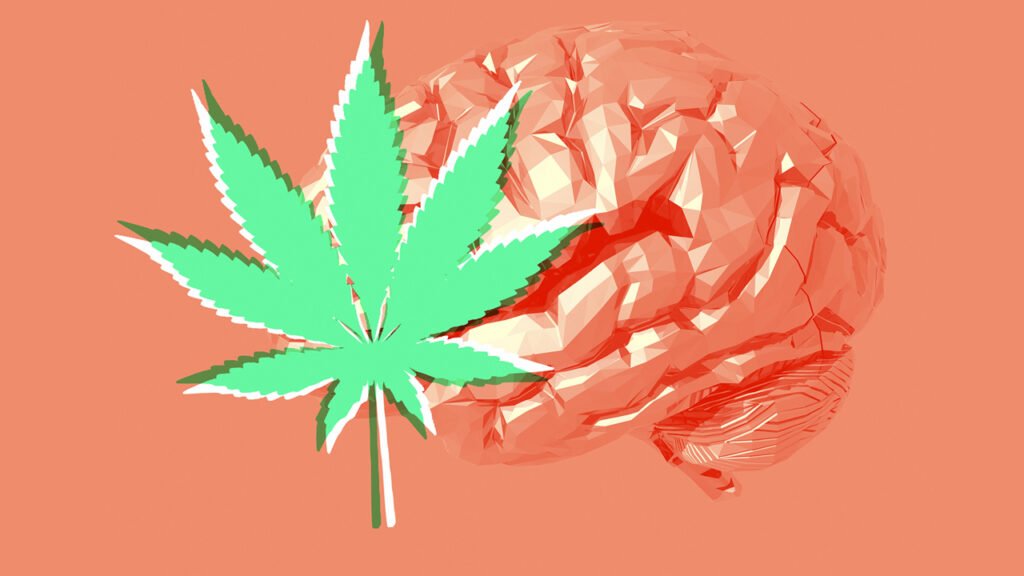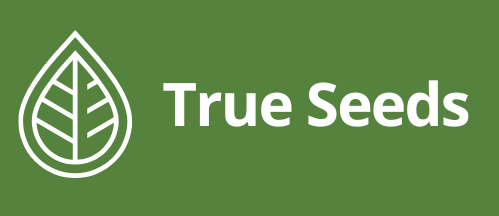Does Cannabis Really Harm Your Brain?
Cannabis is no longer the taboo it once was. With legalization spreading across the globe and dispensaries popping up in cities like coffee shops, weed has gone mainstream. But alongside the buzz comes an ongoing question: does cannabis damage the brain?
It’s a topic that’s sparked fiery debates, fueled headlines, and divided even the scientific community. The truth? Like most things involving the brain—it’s complicated.

The Adolescent Brain: Where Risks Are Real
When it comes to cannabis and brain health, age is a major factor. The most consistent research shows that adolescents are especially vulnerable to the negative effects of THC, the psychoactive compound in cannabis.
During adolescence, the brain is still undergoing critical development, especially in areas responsible for decision-making, emotional regulation, and memory. THC interacts directly with the endocannabinoid system, which plays a key role in shaping this process.
Studies have found that heavy cannabis use in teens may be linked to lower academic performance, reduced motivation, and lasting cognitive impairments, particularly with memory and attention. Some brain imaging research also shows structural changes in the hippocampus and prefrontal cortex—regions involved in learning and impulse control.
Does this mean every teen who smokes weed is damaging their brain? Not exactly. Frequency, dose, and individual factors (like genetics) all play a role. But the bottom line: the younger the brain, the greater the risk.
Adults and the Brain: Milder Effects
For adults, the situation is less dire. Moderate cannabis use in fully developed brains doesn’t appear to cause major structural brain damage. Some studies show subtle changes in brain connectivity among chronic, heavy users, but these findings are often inconsistent—and it’s difficult to prove causation.
In many cases, observed brain differences may be related to other lifestyle factors like alcohol use, sleep deprivation, or mental health issues that often co-occur with cannabis use.
That said, short-term cognitive impairment is well-documented. Even a small dose of THC can affect memory, attention span, motor skills, and decision-making for several hours. That’s why driving or operating machinery under the influence is a definite no-go.
However, these effects are usually temporary, and most users return to baseline once the THC leaves the system.


Chronic Use: Can the Brain Bounce Back?
What about people who use cannabis heavily over many years? Research shows that chronic, long-term use may be linked to reduced cognitive performance, particularly in verbal memory and attention. But there’s also good news: many of these deficits improve significantly after a period of abstinence.
A study published in JAMA Psychiatry found that after just four weeks of stopping cannabis, young adults showed measurable improvements in memory. This suggests the brain has an impressive ability to recover—especially when cannabis use stops early enough.
CBD and Neuroprotection: A Twist in the Tale
Interestingly, not all cannabis compounds affect the brain the same way. CBD (cannabidiol), a non-intoxicating cannabinoid, may actually have neuroprotective properties. It’s being studied for its potential to reduce brain inflammation, support brain cell growth, and protect against conditions like Alzheimer’s, epilepsy, and even brain trauma.
This flips the script on the idea that cannabis is purely harmful to brain health. In fact, some researchers believe that specific cannabinoids could become therapeutic tools in neurology.
The Takeaway: Context Is Everything
So—does cannabis damage the brain?
Sometimes. Especially when used heavily, frequently, and at a young age. But for most adults using cannabis moderately, the long-term risks to brain health appear to be relatively low. There’s no strong evidence that casual, responsible use leads to lasting brain damage.
What matters most is how, when, and why cannabis is used. Just like with alcohol or caffeine, context is key. Using weed to unwind occasionally is very different from relying on it daily to cope with stress or insomnia. As cannabis continues to become part of mainstream culture, understanding the real science—beyond the hype or scare tactics—is more important than ever.
Cannabis isn’t a brain destroyer, but it’s not brain candy either. It’s a powerful plant that interacts directly with one of the body’s most sensitive systems. Treat it with respect, stay informed, and—especially for younger users—consider waiting until the brain has finished its most important work.
